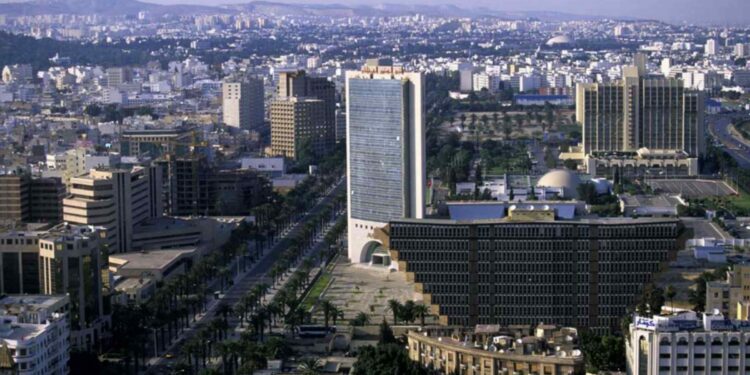According to the 2024 report of the Tunisian Institute for Competitiveness and Quantitative Studies (ITCEQ), the coastal governorates always dominate the classification of regional development. Tunis arrives in first position, followed by Monastir, Ben Arous, Ariana and Sousse. These regions benefit from better infrastructure, a denser economic fabric and easy access to services.
Regions from inside to lagging
In contrast, the governorates of Béja, Jendouba, Sidi Bouzid, Kasserine and Kairouan occupy the last places in the ranking. They suffer from a lack of investments, insufficient public services and a fragile economic fabric. The report thus confirms the structural imbalance between the regions.
A decline index since 2015
The regional development index continues its downward trend. It went from 0.502 in 2015 to 0.484 in 2018. In 2024, it reached 0.461. This decline reflects the economic difficulties that the country is going through. The low rate of growth, budgetary tensions and the slowdown in private investment are the main causes.
An increasingly worrying social situation
The social dimension of the report reveals continuous deterioration. The purchasing power of households is in free fall. The number of needy families increased: from 915 on average per governorate in 2021, it increased to more than 979 in 2024. Access to health care has also deteriorated. The number of doctors for 10,000 inhabitants has decreased, from 10 to 9 in three years.
Recommendations to reduce inequalities
ITCEQ calls for concrete actions. He notably recommends:
- rehabilitate basic infrastructure,
- strengthen communication networks,
- support local investment,
- improve the working conditions of the essential professions, such as teachers and doctors,
- Develop business support structures, especially in disadvantaged regions.
A national priority
The authors of the report recall that the fight against regional inequalities is a major issue. It must be among the priorities of public policies. Offering all citizens decent living conditions, whatever their place of residence, remains a fundamental objective of sustainable development in Tunisia.








